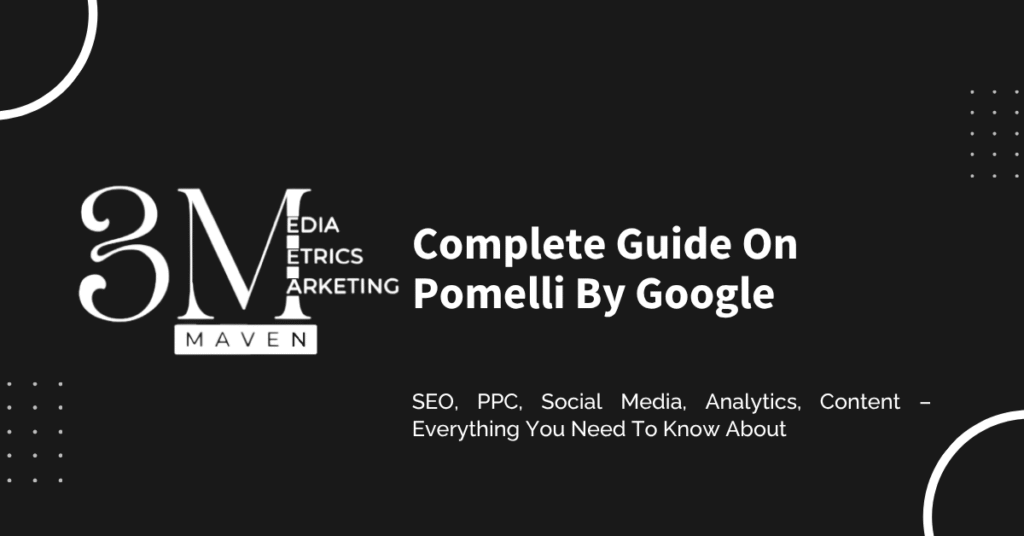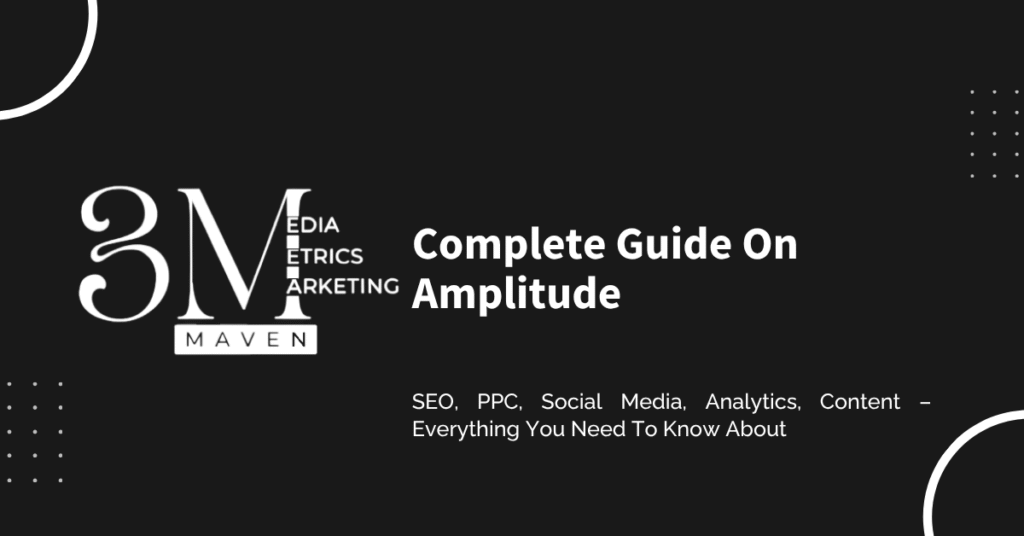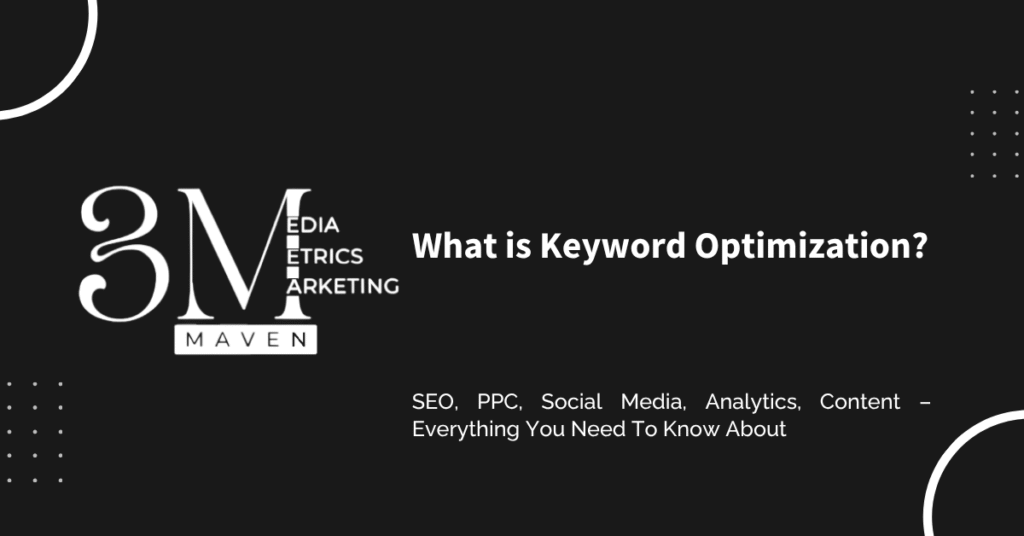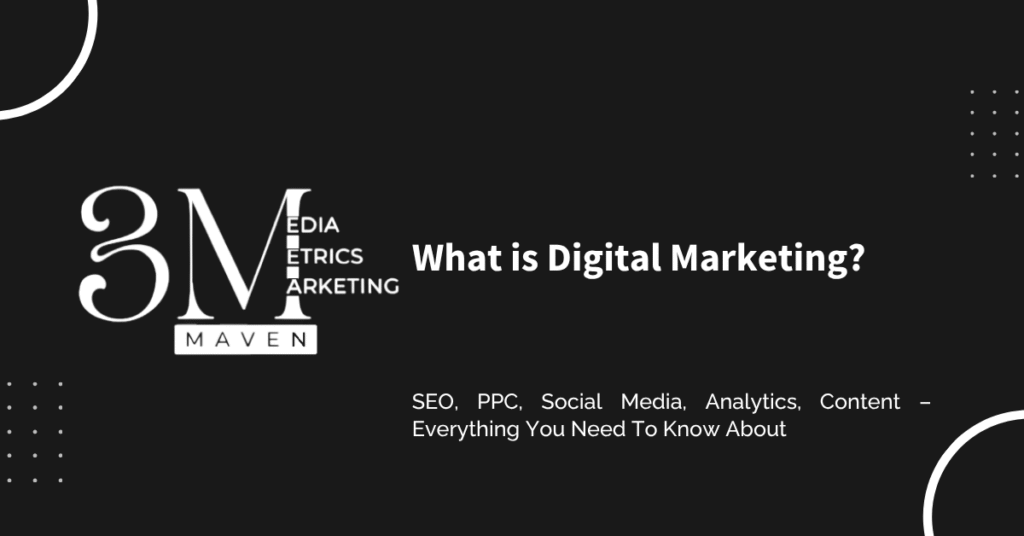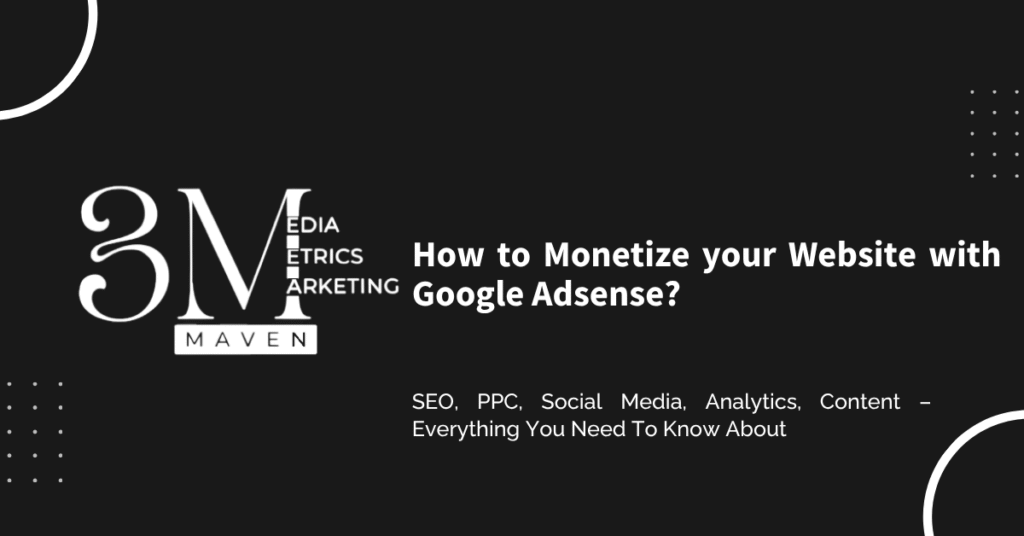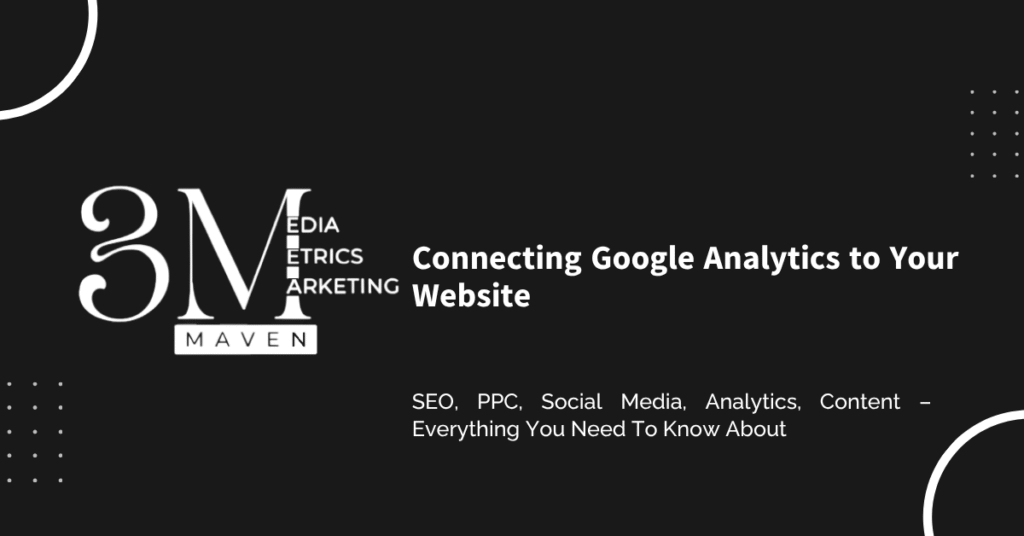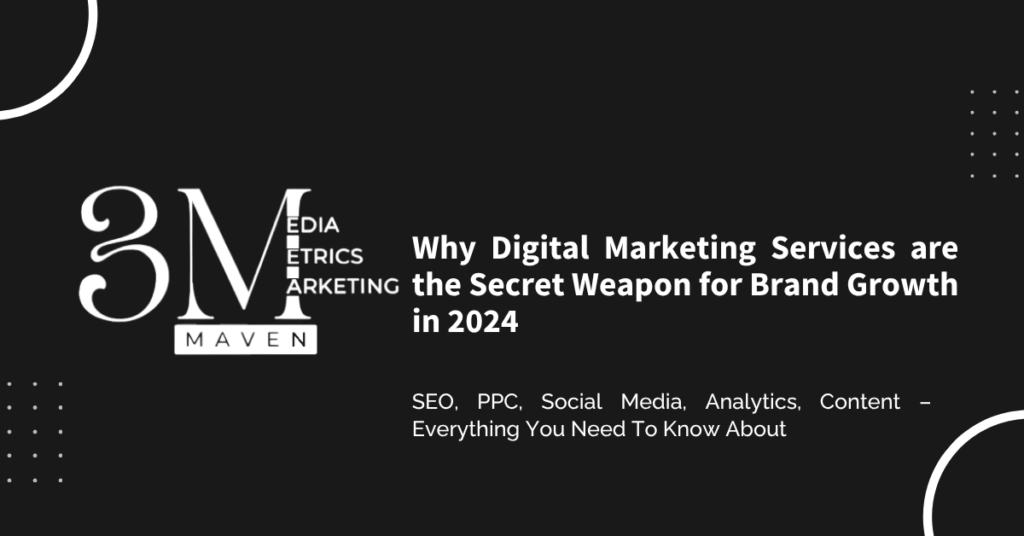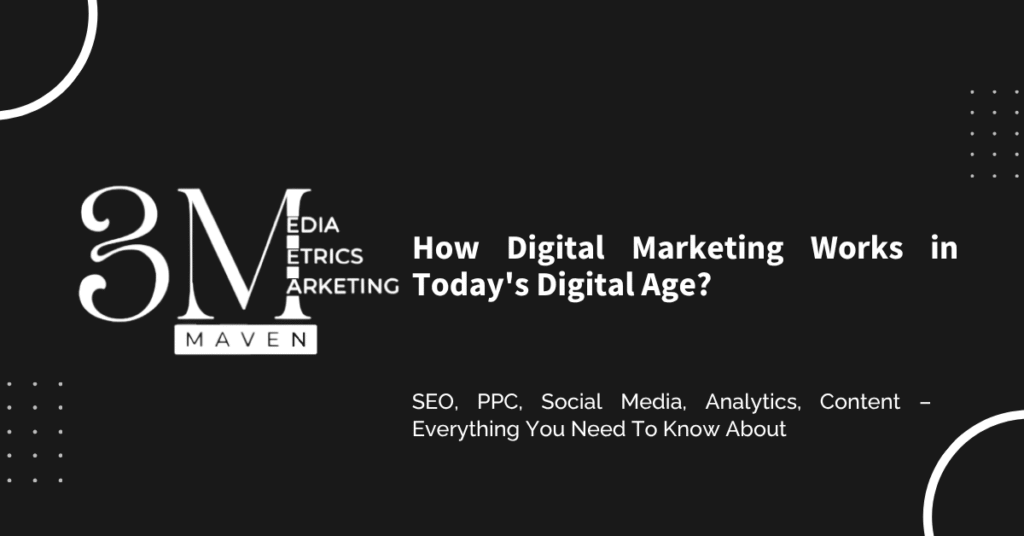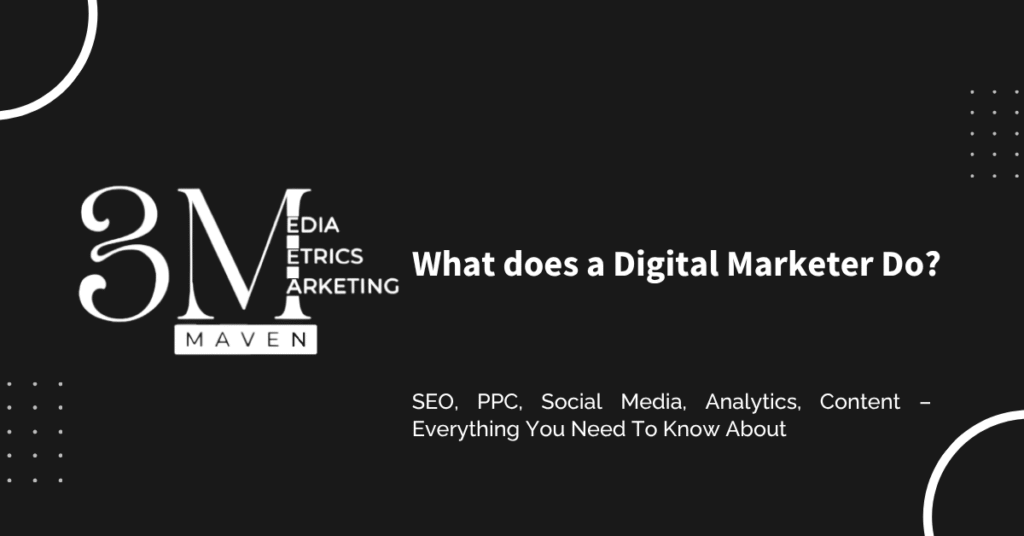What does a Digital Marketer Do? Want to know what does a digital marketer do? The digital age has transformed how we interact with the world, and businesses are no exception. In this dynamic landscape, the role of a digital marketer has become ever more crucial. But what does a digital marketer do, exactly? In today’s hyper-competitive business environment, cutting through the digital noise and reaching your target audience can feel like a tough battle. Potential customers are bombarded with messages from all sides, making it crucial to have a strategic approach to online marketing.. What does a digital marketer do for your business? They are the masterminds behind crafting a compelling online presence that attracts, engages, and converts your ideal customers. They wield the power of the digital world to achieve your specific business goals, whether it’s boosting brand awareness, generating qualified leads, or skyrocketing your sales. Ready to unlock the true potential of your online presence? This blog post will be your guide, unlocking the world of digital marketing and showcasing the key roles these digital wizards play in driving business growth. We’ll delve into their core responsibilities, explore the latest trends shaping the industry, and unveil the exciting career opportunities that await in this dynamic field. The Evolving Landscape of Digital Marketing Did you know that by 2023, there were an estimated 4.66 billion active internet users worldwide [Statista, Digital Market Outlook 2023]? This staggering statistic highlights the immense potential of the digital space for businesses to reach their target audience. What does a digital marketer do to capitalize on this potential? Digital marketers are the masterminds behind a company’s online presence. They leverage a diverse range of digital channels to achieve specific marketing goals, which can include: Increasing brand awareness Generating leads and sales Building customer loyalty Promoting brand messages The Multifaceted Arsenal of a Digital Marketer So, what does a digital marketer do on a day-to-day basis to achieve these goals? Here’s a breakdown of their core responsibilities: Content Creation: Compelling content is the backbone of any successful digital marketing strategy. Digital marketers create content that resonates with the target audience, such as blog posts, social media content, infographics, and videos. Social Media Management: Social media platforms offer a powerful way to connect with potential and existing customers. Digital marketers manage a company’s social media presence, creating engaging content, scheduling posts, and fostering online communities. Search Engine Optimization (SEO): Ensuring a company’s website ranks high in search engine results is crucial for organic traffic generation. Digital marketers implement SEO strategies, including keyword research, on-page optimization, and link building. Search Engine Marketing (SEM): Paid advertising through search engines like Google Ads is another way to drive targeted traffic to a website. Digital marketers manage SEM campaigns, setting budgets, creating compelling ad copy, and analyzing campaign performance. Email Marketing: Email marketing remains a highly effective way to nurture leads and build customer relationships. Digital marketers create and manage email campaigns, segmenting audiences, crafting targeted messages, and tracking campaign results. Analytics and Reporting: Data is king in the digital marketing world. Digital marketers use analytics tools to track the performance of marketing campaigns, measuring metrics like website traffic, engagement rate, and conversion rate. This data is then used to optimize campaigns and improve future marketing efforts. Staying Ahead of the Curve: Essential Skills for Digital Marketers The digital marketing landscape is constantly evolving, so staying ahead of the curve is essential. Here are some key skills that successful digital marketers possess: Analytical Thinking: Understanding and interpreting data is crucial for optimizing marketing campaigns and making data-driven decisions. Creativity: Creating engaging and effective content is essential for capturing attention in the digital world. Copywriting: The ability to write clear, concise, and persuasive copy is vital for various marketing materials, from website content to social media posts. Staying Up-to-Date: The digital marketing landscape is constantly changing, so continuous learning and staying informed about the latest trends and technologies are essential. Conclusion: Unveiling the Power of Digital Marketing What does a digital marketer do? In essence, they are the architects of a company’s online success story. By leveraging the power of digital channels, they connect with audiences, build brands, and drive business growth. As the digital world continues to evolve, the role of the digital marketer will undoubtedly become even more critical. If you’re passionate about marketing, technology, and creativity, then a career in digital marketing could be the perfect path for you. Beyond the Basics: Specialized Areas in Digital Marketing The world of digital marketing is vast, offering various specialized areas for those who want to deep-dive into specific aspects. Here’s a glimpse into some popular specializations: Content Marketing: Content marketing specialists focus on creating and distributing valuable, relevant, and consistent content to attract and retain a clearly defined audience. Social Media Marketing: Social media marketing specialists are experts in crafting engaging content and building communities on specific social media platforms like Facebook, Instagram, or TikTok. Pay-Per-Click (PPC) Advertising: PPC specialists manage paid advertising campaigns across various platforms, ensuring optimal use of budgets and achieving maximum return on investment (ROI). Search Engine Optimization (SEO) Specialist: SEO specialists are the gurus of organic search traffic, ensuring a website ranks high in search results for relevant keywords. Email Marketing Specialist: Email marketing specialists craft compelling email campaigns, nurture leads, and drive conversions through targeted email marketing strategies. The Future of Digital Marketing: Embracing Emerging Trends What does a digital marketer do in the face of a constantly evolving digital landscape? Here are some of the latest trends that are shaping the future of digital marketing: Artificial Intelligence (AI): AI is transforming various aspects of digital marketing, from content creation and personalization to campaign optimization and audience targeting. Voice Search: With the rise of voice assistants like Siri and Alexa, optimizing content for voice search is becoming increasingly important. Augmented Reality (AR) and Virtual Reality (VR): AR and VR offer innovative ways to engage with audiences and create immersive brand experiences. Short-form
